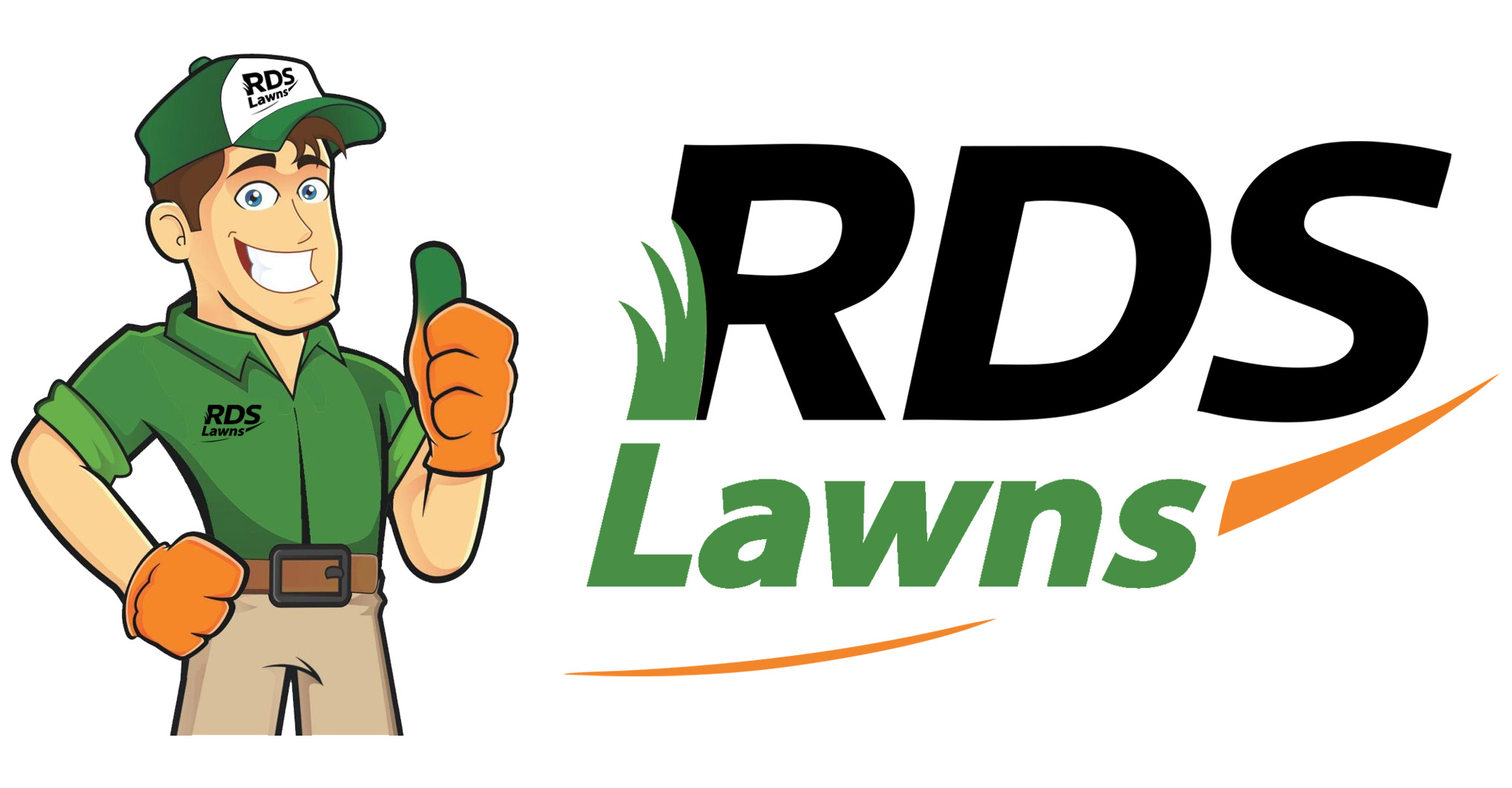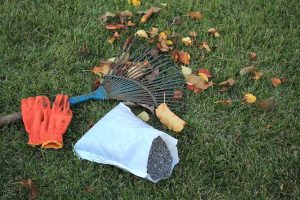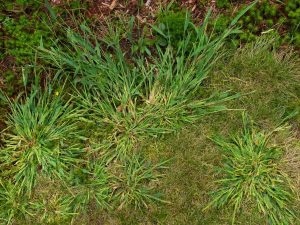Drought isn’t just a concern for farmers and municipalities—it affects every homeowner with a yard. In the greater Charlotte region, including Mecklenburg and Gaston counties in North Carolina and York County in South Carolina, lawns are now under increasing stress due to prolonged dry spells and below-average rainfall.
At RDS Lawn Care Services, we specialize in helping homeowners maintain beautiful, healthy lawns even when Mother Nature isn’t cooperating. If you’re seeing brown spots, thinning grass, or weeds taking over, it’s time to get serious about turf management for drought conditions. Call us today at 704-822-1625 to discuss your options.
Drought Conditions Across the Greater Charlotte Area

Let’s talk facts. The U.S. Drought Monitor currently classifies 41% of North Carolina as experiencing drought conditions and another 39% as abnormally dry. That includes the heart of our service area—Mecklenburg County and Gaston County, proverbially the greater Charlotte area.
The situation is just as dire in South Carolina, where 56% of the state, including York County, is officially in drought. In fact, York County has been classified under a Stage 1 Drought by the Catawba-Wateree Drought Management Advisory Group as of April 22, 2025. Despite March being wet, the year-to-date precipitation (Jan–Mar 2025) ranks as the 41st driest in 131 years for York County.
Clearly, the impact is widespread. But what does it mean for your turf?
Bring Real Change with Personalized Lawn Care
Expert lawn care services tailored for your home—reliable, eco-friendly, and affordable. Start transforming your yard today.
How Drought Affects Your Lawn

A drought can decimate your lawn faster than most homeowners realize. Here’s how:
1. Dehydration and Dormancy
When grass doesn’t get enough water, it goes into survival mode, also known as dormancy. This doesn’t kill the grass immediately, but it severely slows growth and turns it brown.
2. Soil Compaction
Dry soils become hard and compacted, reducing the ability of roots to grow deep or access any moisture below the surface. This also prevents oxygen flow and encourages thatch buildup.
3. Weed Infestation
Weeds like crabgrass and spurge thrive in dry, stressed lawns. With your turf weakened, these opportunistic invaders quickly take over.
4. Pest Pressure
Drought-weakened grass is more susceptible to pests like grubs, chinch bugs, and armyworms, which can further damage already fragile turf.
5. Uneven Growth and Bare Patches
With inconsistent soil moisture, you may see patchy areas of growth, particularly in sun-scorched or sloped parts of your lawn.
These are exactly the challenges turf management for drought conditions is designed to address.
How Turf Management Helps During Drought
You can’t control the weather, but you can control how your lawn responds to it. Turf management for drought conditions is a strategic, science-based approach that improves your lawn’s resilience, health, and drought tolerance.
Here’s how RDS Lawn Care Services can help:
1. Soil Testing and Conditioning
We begin with a comprehensive soil test to determine pH balance, compaction, and nutrient levels. Amending the soil with lime, organic matter, or aeration improves water retention and root penetration.
2. Drought-Tolerant Grass Recommendations
Not all grass is created equal. Our team can recommend and install drought-tolerant varieties such as:
-
Zoysia – Deep-rooted and low water requirements.
-
Bermuda – Thrives in full sun and handles drought well.
-
Tall Fescue – Offers moderate drought resistance with a deeper root system.
Choosing the right species is a cornerstone of effective turf management for drought conditions.
3. Smart Fertilization Schedules
During drought, over-fertilizing can burn your grass and worsen stress. We tailor your fertilization schedule with slow-release nutrients that support root development without overwhelming the turf.
4. Core Aeration
Compacted soil limits root growth. Our aeration service loosens the soil, allowing air, water, and nutrients to reach deep roots—even during dry conditions.
5. Strategic Weed Control
Weeds compete with grass for moisture. We apply targeted herbicides to eliminate unwanted growth and help your turf use its limited water more effectively.
6. Moisture Management
Our team can recommend irrigation systems and soil-wetting agents that improve water penetration and reduce runoff during our spring rain events.
Whether you’re in Charlotte, Gastonia, Rock Hill, or Fort Mill, turf management for drought conditions is your lawn’s best defense.
Drought-Tolerant Tips for Your Lawn

While our turf services provide long-term support, here are some homeowner-friendly tips you can use right away:
1. Water Deeply, But Less Frequently
Instead of shallow daily watering, give your lawn 1 inch of water once or twice a week (if permitted). This encourages deep root growth and drought resilience.
2. Mow High and Infrequently
Cut your grass to the highest recommended height for your grass type. This provides shade to the soil and reduces evaporation. Never remove more than 1/3 of the blade at a time.
3. Mulch Clippings
Leave grass clippings on the lawn after mowing. They provide natural nutrients and help retain moisture in the soil.
4. Limit Lawn Traffic
Foot traffic and lawn equipment can damage stressed grass and compact the soil. During drought, keep off your lawn as much as possible.
5. Delay Overseeding
If drought is ongoing, avoid overseeding until conditions improve. Seeds won’t germinate properly without consistent moisture.
6. Monitor Local Watering Guidelines
Check municipal or county-level drought advisories and watering restrictions. This includes jurisdictions like Charlotte, Gastonia, and Rock Hill.
Following these tips will help complement your turf management for drought conditions strategy.
Bring Real Change with Personalized Lawn Care
Expert lawn care services tailored for your home—reliable, eco-friendly, and affordable. Start transforming your yard today.
Why Choose RDS Lawn Care for Drought Turf Management?
At RDS Lawn Care Services, we understand the challenges of maintaining a healthy lawn in the unpredictable climate of the Carolinas. We’re locally owned, and our lawn care professionals are trained to manage turf in real-time drought conditions.
We serve the greater Charlotte area, including:
-
Mecklenburg County
-
Gaston County
-
York County
-
Surrounding towns like Pineville, Fort Mill, Belmont, and Mount Holly
Our team is committed to designing custom lawn care solutions, with a heavy focus on turf management for drought conditions.
Call Today for a Drought-Resistant Lawn
If you’re seeing signs of stress in your lawn—or just want to get ahead of the drought—call RDS Lawn Care Services today at 704-822-1625. We’ll walk your property, assess the soil and turf, and build a comprehensive drought management plan tailored to your landscape.
Don’t let the drought ruin your curb appeal. With turf management for drought conditions, your lawn can stay green and healthy—even when the rain doesn’t come.




